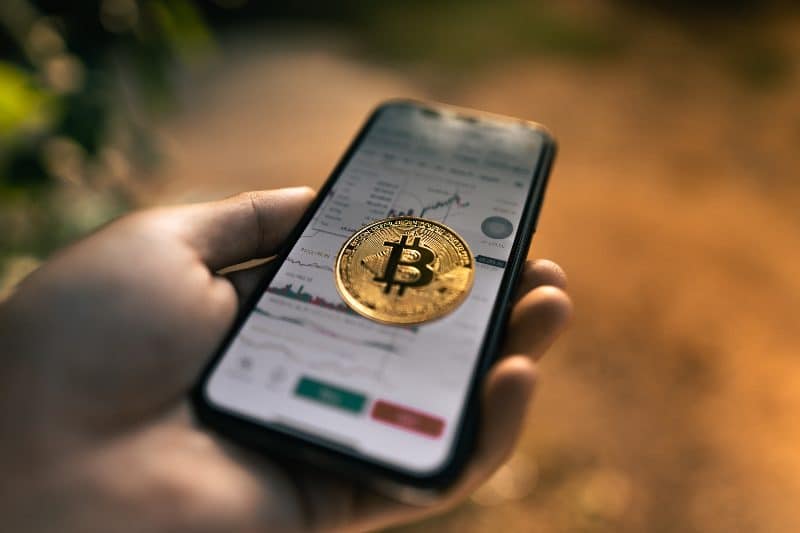Both Twitter and Substack have recently integrated bitcoin payments via the Lightning Network into their internal functionality through third-party partnerships.
The integration took place using the Strike and OpenNode APIs, which is something that could easily be replicated on other major platforms.
To date, they are the only two major online platforms to offer this service.
Summary
Advantages of the Lightning Network
This is probably a competitive choice, made to gain an advantage over the competition due to the special features of the Lightning Network.
LN allows immediate payments with very low costs, saving a lot of money as traditional gateways retain a much higher percentage, and also offers very good privacy protection.
BTC transactions on LN are not recorded on Bitcoin’s public blockchain, so they are not visible to anyone other than the people making them and the LN nodes through which they pass.
Some well-known advocates of full privacy for citizens’ payments, such as Edward Snowden, have expressed their support for such initiatives, including the decision by El Salvador to make Bitcoin legal tender.

Twitter and Substack support Bitcoin
Donations via Twitter or Substack can thus be anonymous, or almost anonymous, which could be especially helpful for those who want to give money to someone without being known.
LN should only be used for small transactions, while for larger payments it is better to rely on the registration of the transaction on the public blockchain, but it cannot be ruled out that the total volume of donations via LN could become as large.
Such a feature, which is absent from competing platforms, could help Twitter and Substack to offer their users something more than others, and thus encourage their use.
In the case of Twitter, in order to receive BTC donations, a Strike account must be used, which requires KYC. This means that the sender of the donation can remain anonymous, because a KYC account is not required, while the recipient has to be known.
To date, Strike only accepts users from the US and El Salvador, verifying their identity.




